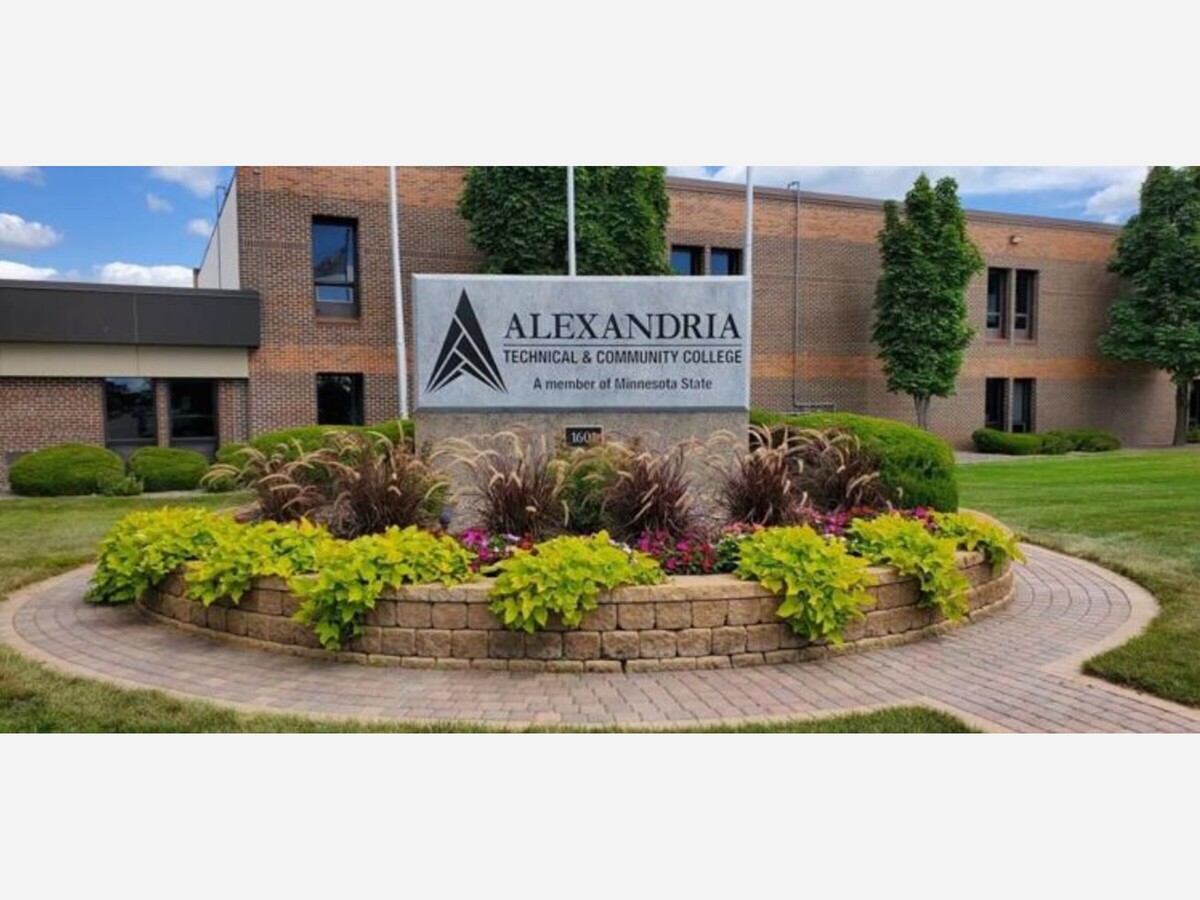Image


ST. PAUL, MN] – Governor Tim Walz today announced the recipients of nearly $20 million in grants to grow Minnesota's workforce through the Drive for 5 Workforce initiative, a new effort to prepare more Minnesotans for high-demand jobs in five occupational categories: technology, the trades, caring professions, manufacturing and education.
"We're partnering with organizations across the state to expand job training programs and grow the workforce for the future," said Governor Walz. "By investing in career training, we're helping businesses find the skilled workers they need while helping Minnesotans find fulfilling careers and earn family-sustaining wages. This is good for our workers, our businesses and our economy."
The Department of Employment and Economic Development's (DEED) Drive for 5 program provides grants to workforce training and business organizations. The grant recipients will train and place an estimated 1,200 Minnesotans over the next 15 months in high-demand jobs, benefiting an estimated 3,000 Minnesota businesses.
"Today is a big day for Minnesota workers and Minnesota employers. The grantees announced today will engage together in a holistic approach that will closely align training with sector skills needs – while targeting family-sustaining, high-demand, career-path employment," said DEED Commissioner Matt Varilek. "The breadth of the initiative's geographic and industry reach, coupled with the depth of experience and the dedication of our partners, will provide program participants throughout the state with life-changing opportunities and help Minnesota employers hire the skilled employees they need now. It's one of the ways DEED is delivering for Minnesota's workers."

The industries selected to be part of Drive for 5 are projected to be high-growth in the years ahead and provide family-sustaining wages for workers, defined as having a median hourly wage at or above $19.46. Drive for 5 will benefit Minnesotans who want to join the labor force in these in-demand fields and who need training and employment assistance. It will benefit Minnesota's economy by preparing people for in-demand careers and meeting the needs of employers.
"We're excited to announce this great slate of Drive for 5 grantees. I'm looking forward to the work we'll do together over the coming years" said DEED Deputy Commissioner for Workforce Development Marc Majors. "Workforce training institutions that receive Drive for 5 funding will launch or expand job training programs in high-growth industries that will lead to moving Minnesotans into family sustainable wage careers in caring professions, education, manufacturing, technology and the trades."
While workforce training grantees will prepare people with in-demand career skills, trade associations and chambers of commerce that receive Drive for Five funding will provide job placement to training program graduates and/or diversity, inclusion, and retention services to businesses in their communities. This will help connect Drive for Five training participants with employment in a high-demand industry, breaking down barriers to good jobs for Minnesotans who have long faced higher unemployment, lower wages, and more tenuous connections to work.
Localized sector partnerships between training providers and employers are essential to ensure training programs are reflective of employers’ needs in their local labor markets, facilitating faster job placement for program participants and helping to create a reliable talent pipeline for in-demand positions in communities across the state.
The Drive for 5 initiative is part of a slate of historic workforce development investments at DEED. The state is investing more than $216 million in DEED's Employment and Training Programs through June 30, 2025, including $20 million for Drive for 5 and $50 million to support workforce development in historically overlooked communities through the Targeted Populations Workforce Development Programs initiative. This significant investment will help Minnesota address its ongoing tight labor market as well as achieve a more equitable economy.
SOURCE: VOICE OF ALEXANDRIA